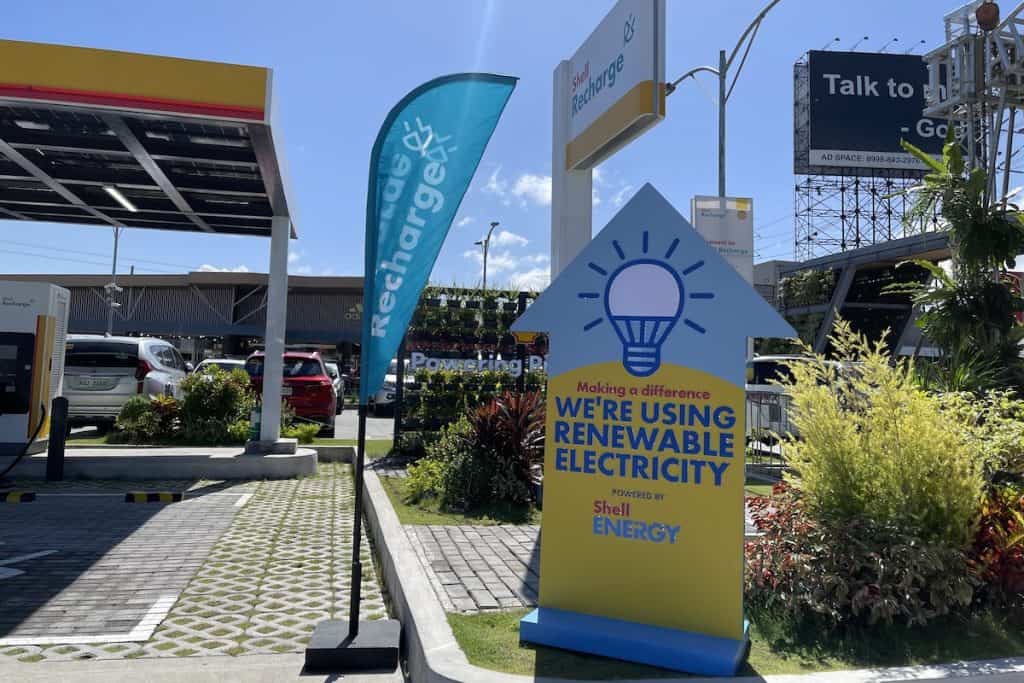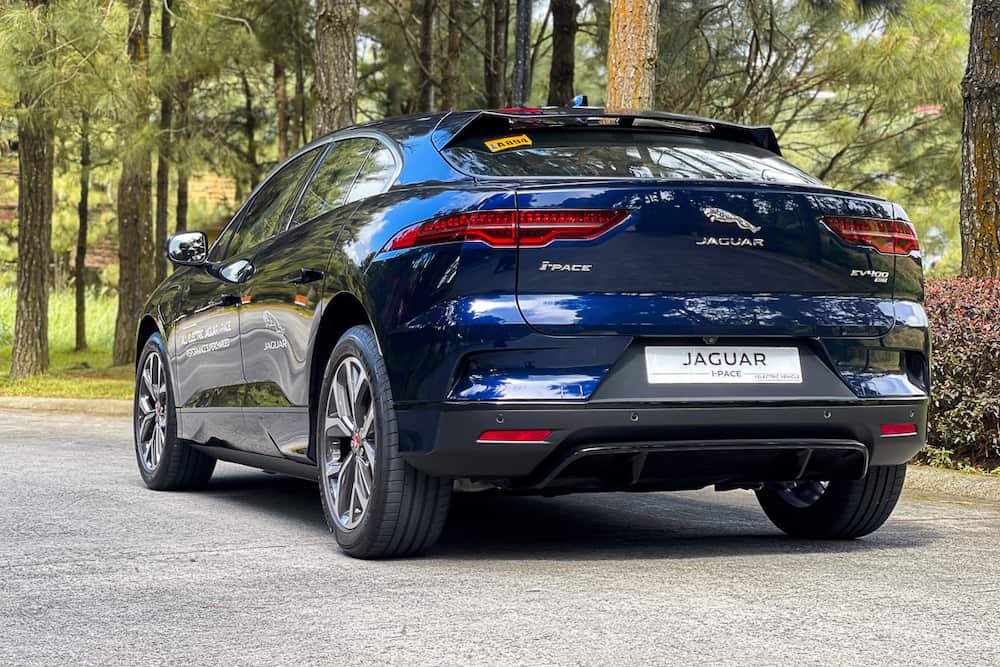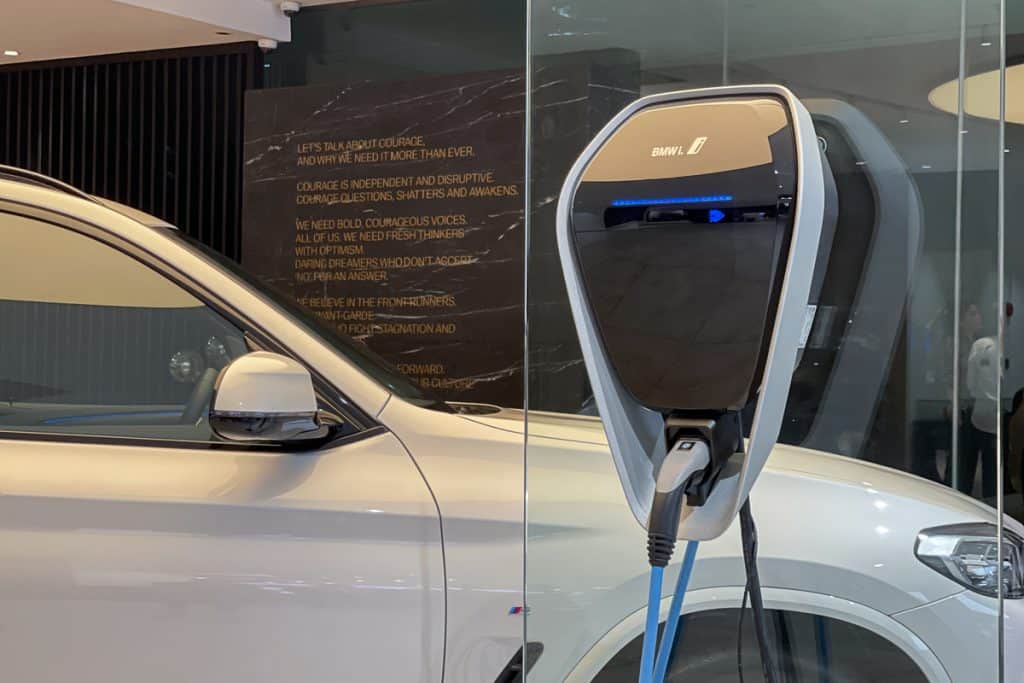The Philippines is taking significant steps towards the widespread adoption of electric vehicles (EVs) with the signing of Executive Order 12 into law by President Ferdinand Marcos, Jr. This law temporarily amends the Customs Modernization Act by removing import duties on EVs and suspending taxes on charging and distribution parts, as well as other equipment related to EV production. This effectively waives the 30 percent import duties on EVs intended for personal or commercial use and also exempts certain electric motorcycles from import duties. By removing tariffs, the law aims to make EVs more affordable and accessible to a wider market, supplementing the current Electric Vehicle Industry Development Act (EVIDA Law).

The EVIDA Law, enacted in 2019, aims to establish the Philippines as a regional hub for EV production and assembly. It also aims to promote the use of EVs in the country by providing various incentives to manufacturers, suppliers, and buyers of EVs. The law provides for the establishment of a National Electric Vehicle Development Plan, which outlines the goals and strategies of the country’s EV industry development. The Plan also includes the establishment of an Electric Vehicle Development Fund which aims to provide financial assistance to the local EV industry.

The EVIDA Law also has non-fiscal incentives in place, such as exemption in the number coding scheme, dedicated EV parking spaces and charging stations in buildings, and supposed dedicated lanes, among others.
The tariff suspensions on qualified EVs will be in effect for a period of five years. By the end of that time, the import duties and corresponding prices for such vehicles and related equipment will return to the original 30 percent rate. This gives the local automotive industry ample time to prepare for local EV production as outlined in the EVIDA Law. The government hopes that by temporarily waiving import duties, it will provide the necessary incentive for the local auto industry to put a proper EV ecosystem in place.

EVs are seen as the way forward in sustainable mobility, especially in light of rising fuel prices and the environmental impact of reliance on fossil fuels. However, despite aggressive efforts on the part of automakers to push their electric offerings, the reception of EVs in developing markets such as the Philippines has been extremely limited so far because of prohibitive costs, among other factors. With the signing of EO 12 into law, the government hopes to provide an incentive for consumers to switch to EVs by making them more affordable.

As the cost of both buying an EV and having charging equipment installed is expected to go down (albeit temporarily), this is seen to incentivize EV ownership and use among potential customers who are in the market for personal transportation. The government hopes that providing these incentives will encourage the growth of the EV industry in the Philippines and help to reduce the country’s dependence on fossil fuels.

